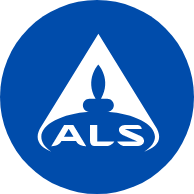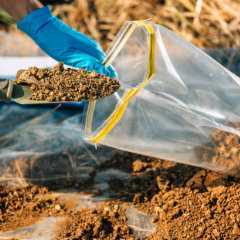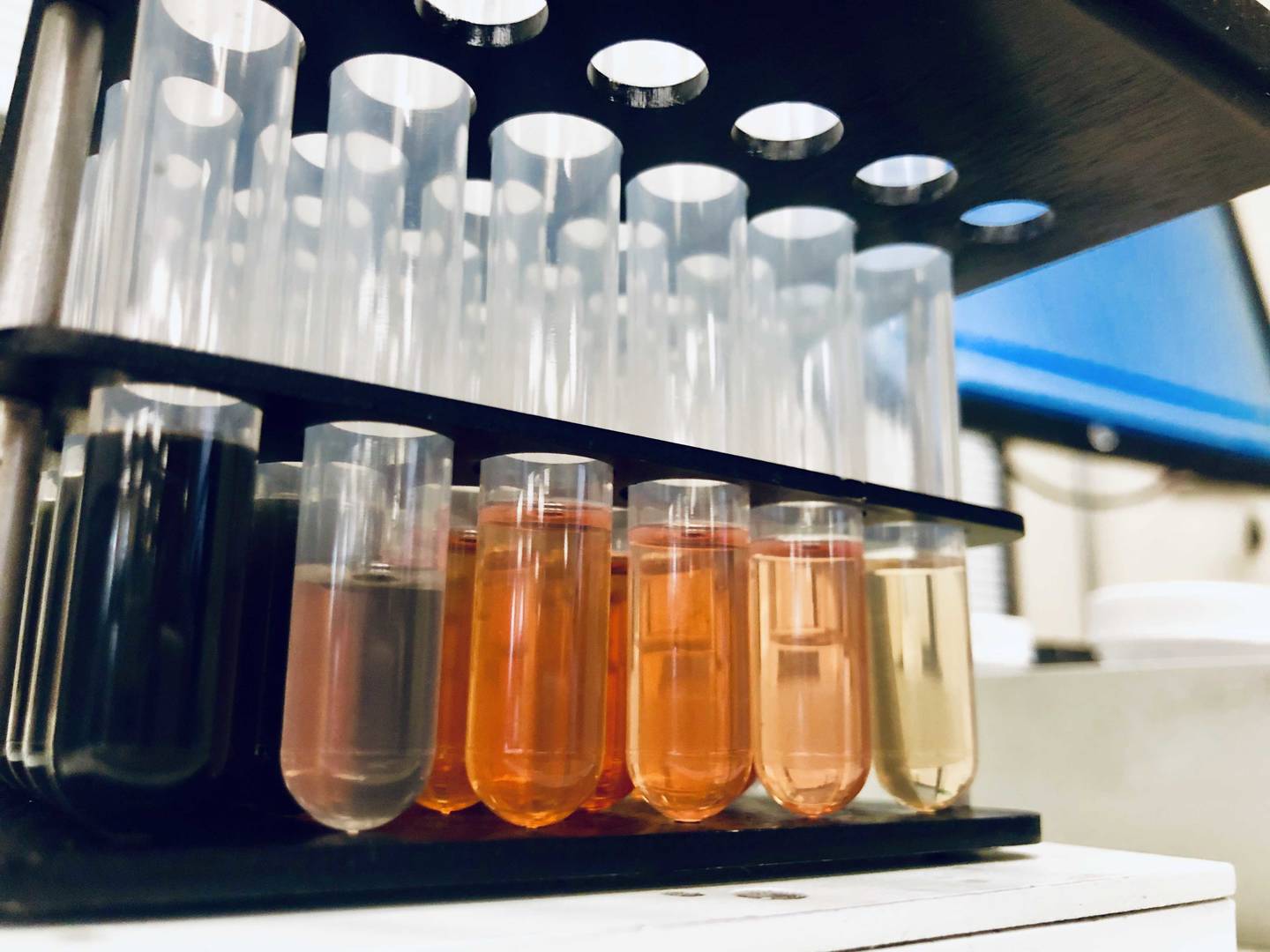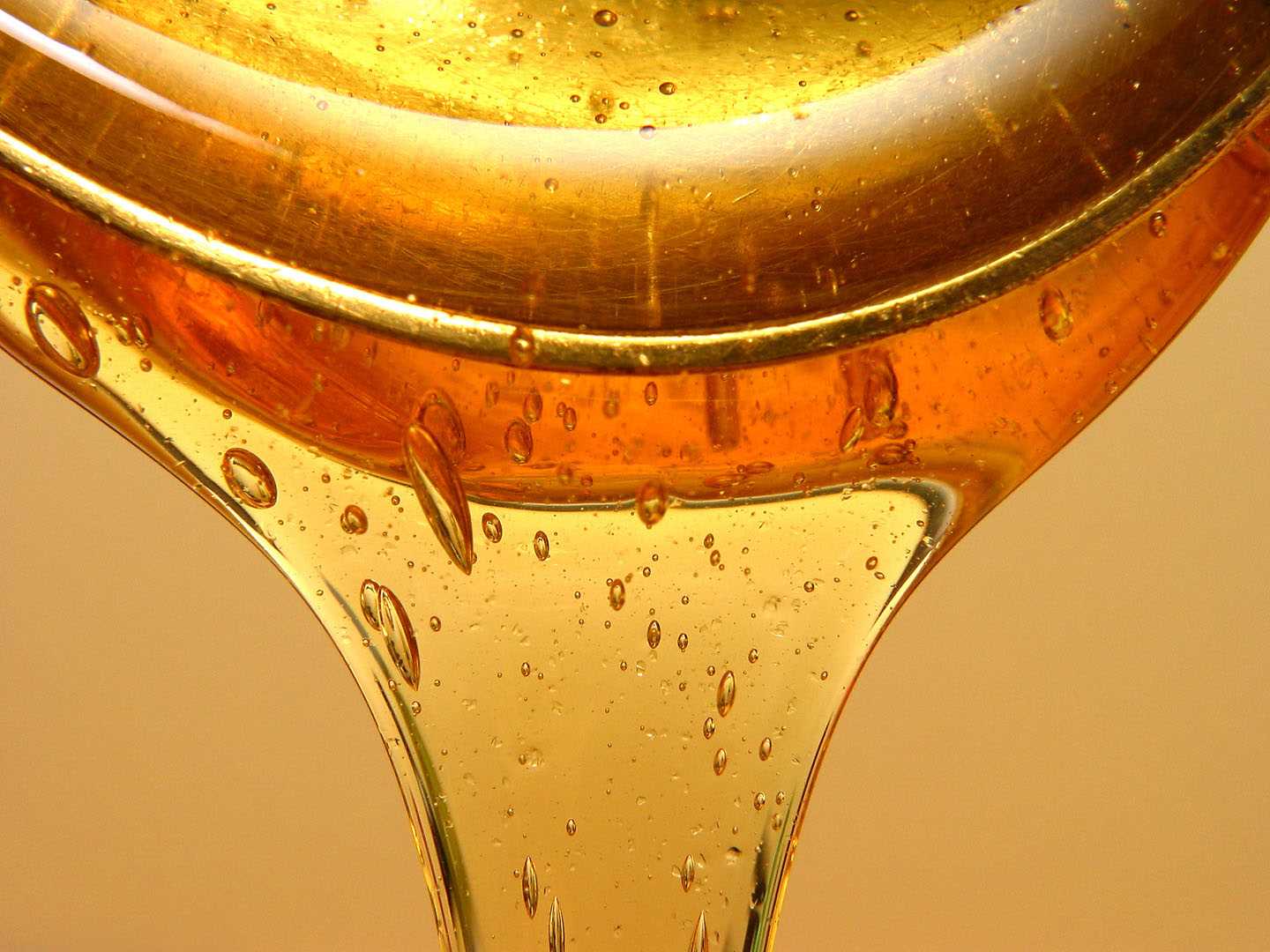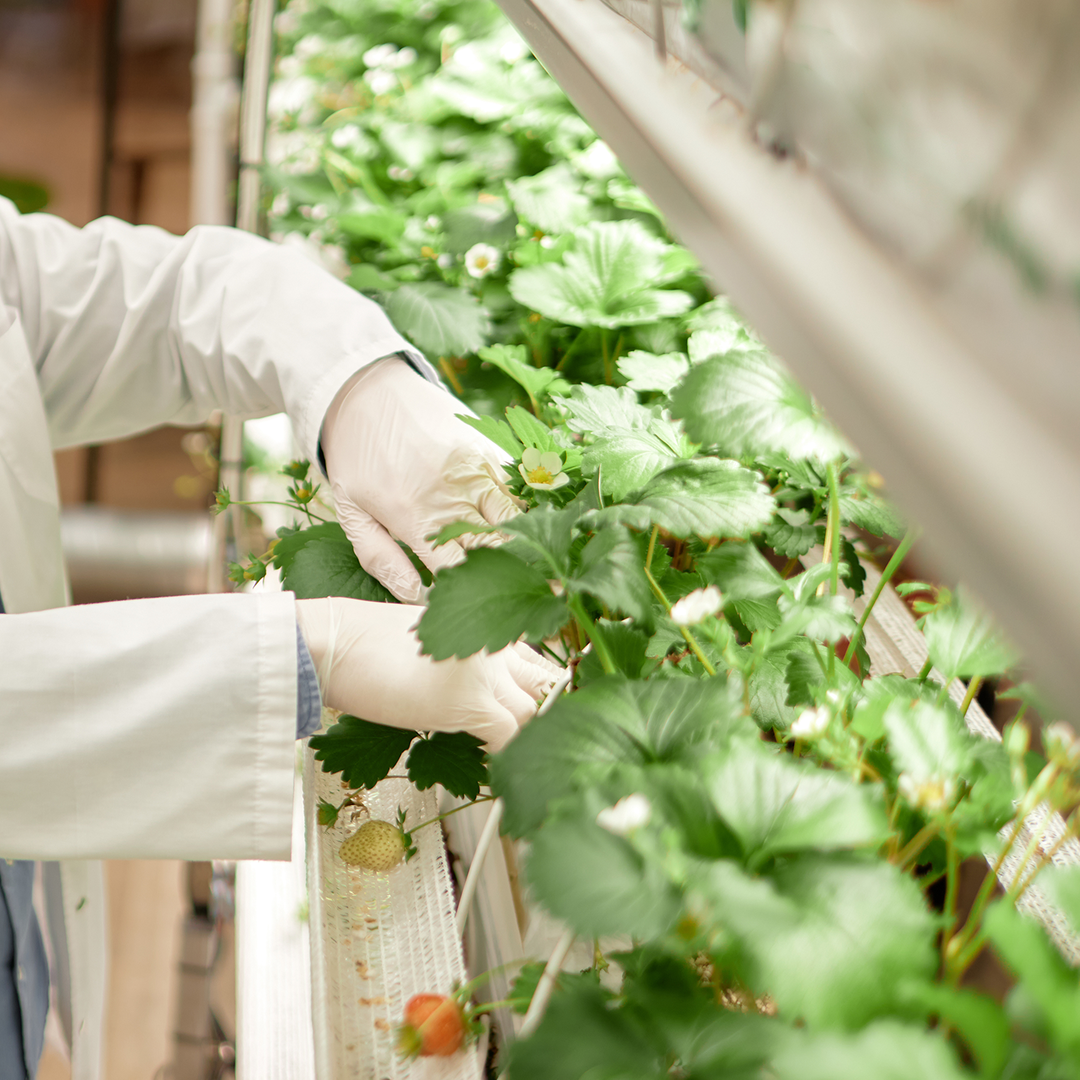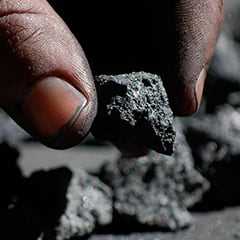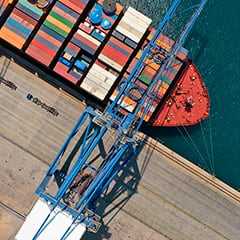Update: EnviroMail 31 Canada - Climate Change and Sustainability Action and Outcomes at ALS Canada
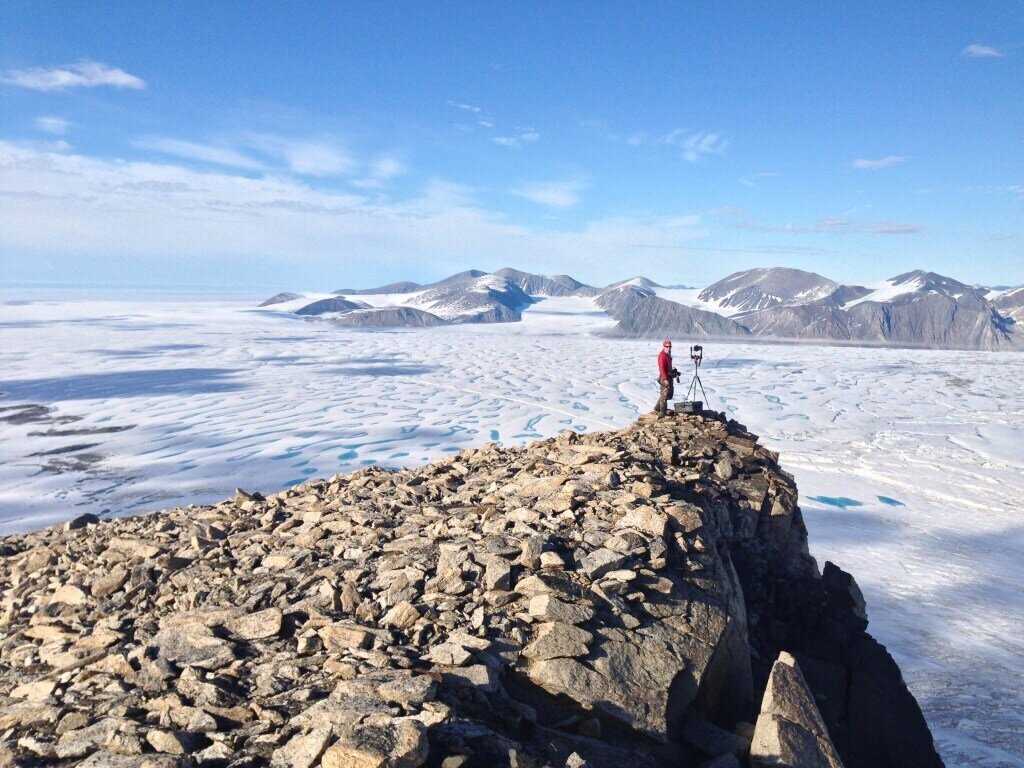
Image courtesy of Dr. Luke Copland, Professor & University Research Chair in Glaciology, University of Ottawa
Canada Environmental Progress in Key Sustainability Outcomes to Date
At the end of the second year of Project Milne strategic investment and action, the Canada team have now reduced the combined Scope 1 and 2 plus vehicle emissions intensity to a total of 22% below the reference year. The ALS Canada team would like to thank our clients for their ongoing support as we continue to reduce our emissions, miniaturize, promote safety best practice, move to smaller coolers and bottles, and deliver safety and sustainability leadership. We look forward to updating this EnviroMail again next year to share the progress and outcomes of our ALS sustainability journey.
Intergovernmental Panel on Climate Change and ALS Global Action
The Intergovernmental Panel on Climate Change has conveyed to governments and business leaders that climate change is already impacting communities and urgent action is needed. The current international scientific and political consensus (outlined in the Paris Agreement) is that we need to maintain global warming to well under 2°C by 2050. To limit global warming, preferably to ≤1.5°C compared to pre-industrial levels, both governments and business communities must work together to minimize emissions and the impact of climate change.
As indicated last year, globally, from 2018, ALS has captured Scope 1 and 2 emission data from all ALS businesses and regions and assessed relative intensity and total emissions by business line and region. The ALS Board of Directors has approved a 40% emission reduction target for carbon intensity by 2030 against a FY 2020 baseline. This includes significant financial investment and projects, prioritizing the highest intensity carbon emission regions and businesses to ensure the maximum overall reductions and impact from ALS.
Sustainability and Carbon Emission Reductions at ALS Canada Environmental
The Canada environmental business is a lower producer of Greenhouse Gas Emissions (GHGEs) relative to many peers due to the high component of hydroelectricity utilized in many regions of Canada. Despite this low emission intensity ratio, the ALS Canada team is absolutely committed to minimizing Greenhouse Gas Emissions. Staff surveys and action to date have confirmed the importance of this initiative to our people.
The Division has therefore set an ambitious goal of achieving the targeted ALS 40% intensity reductions by FYE 2027—well ahead of plan. The ALS Canada sustainability plan is named Project Milne, in reference to the Milne Ice shelf which collapsed in July 2020.

Milne Ice Shelf Collapse. Ellesmere Island, Canada. Image source: PlanetScope
The Milne Ice Shelf is the second largest ice shelf in the Arctic Ocean, situated on the north-west coast of Ellesmere Island. In 1986, the ice shelf had an area of about 290 km2, with a thickness of 100 m. It had been the last ice shelf in the Canadian arctic to be fully intact until July 2020, when over 40% of the sheet collapsed within two days, a consequence of global warming.
The Project Milne plan is a comprehensive document providing background, emission data, analysis, actions, timelines, and investment strategy across the entire Canada environmental business. This document tabulates and measures scope 1 and 2 emissions by every ALS environmental laboratory site, service center, and source back to 2018/19. The plan has just completed its sixth update, measuring progress to date, and setting the next series of actions. This plan also incorporates the wider Environment, Society, and Governance (ESG) targets and further miniaturization projects which benefit Safety, Environment and Efficiency.
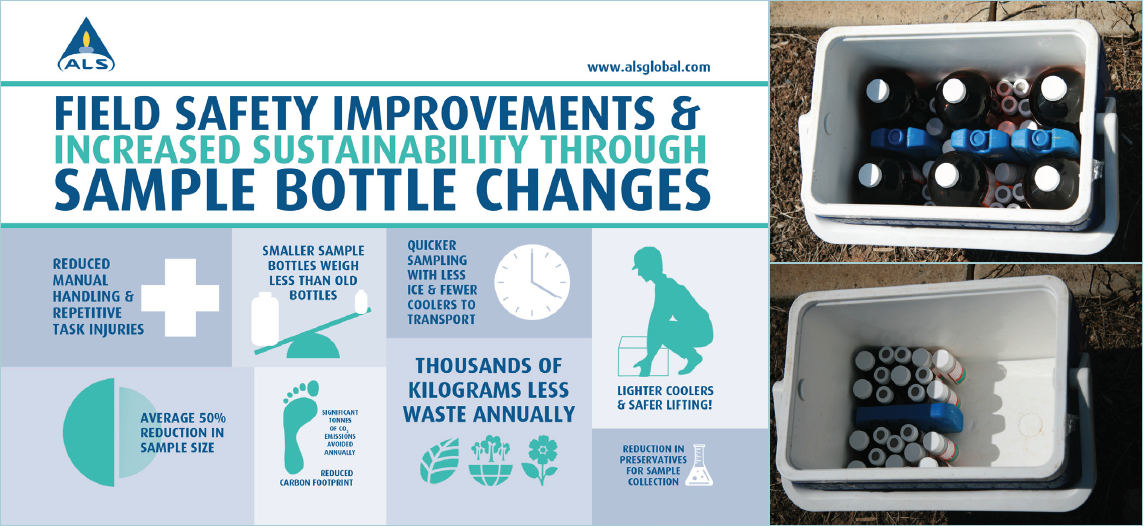
Field safety improvements and increased sustainability through sample bottle changes
- Reduced manual handling and repetitive task injuries.
- New smaller sample bottles weigh less than old bottles.
- Faster sampling with less ice and fewer coolers to transport.
- Reduced Carbon footprint - significant tonnes of CO2 emissions avoided annually.
- Lighter coolers for safer lifting.
- Reduction in preservatives for sample collection.
The ALS Canada team would like to thank our clients for their ongoing support as we continue to reduce our emissions, miniaturize, promote safety best practice, move to smaller coolers and bottles, and deliver safety and sustainability leadership.
We look forward to updating this EnviroMail annually to share the progress and outcomes of our ALS sustainability journey.
